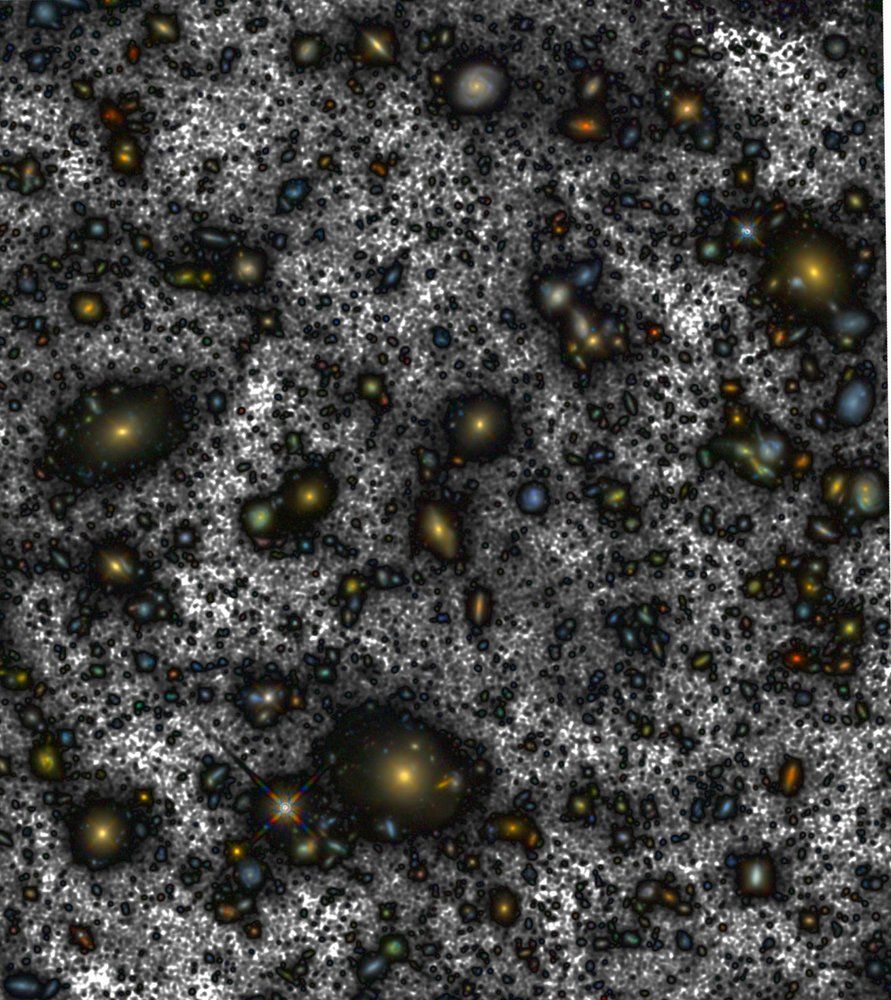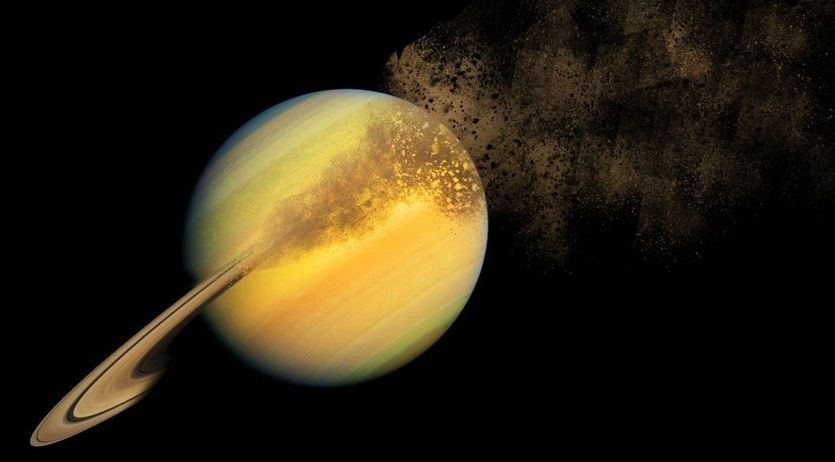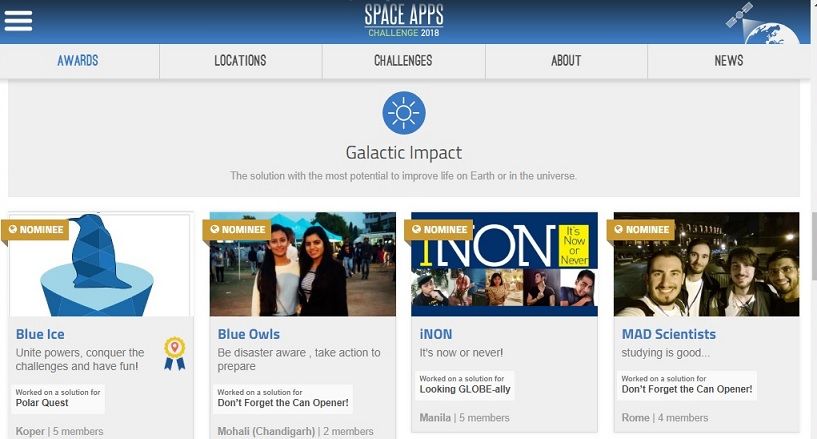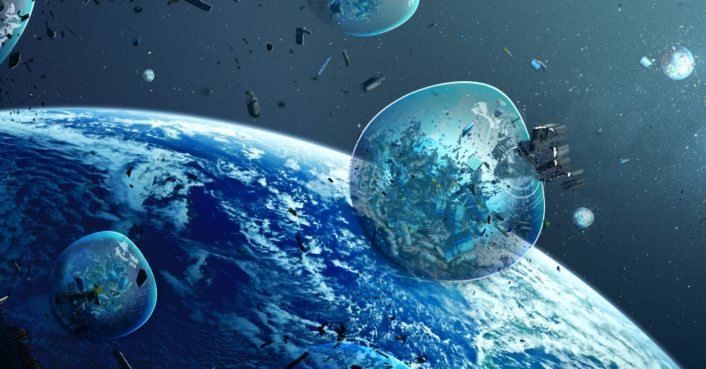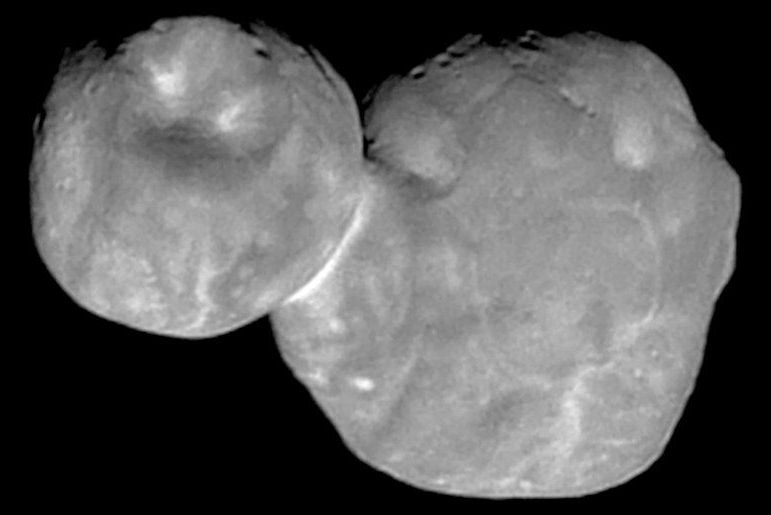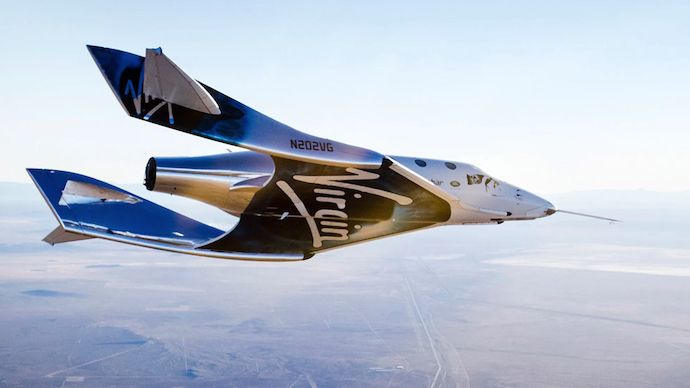One of the Hubble Space Telescope’s most famous images peered even deeper into the cosmos than scientists had thought.
That photo is the Hubble Ultra-Deep Field (HUDF), which combines hundreds of images taken by the space telescope over multiple years into the deepest view of the universe ever created. The composite pic of a small patch of sky contains a whopping 10,000 galaxies, astronomers have estimated. (The HUDF also refers to that patch of sky, not just imagery of it.)
Now, researchers have painstakingly reprocessed the iconic image, recovering lots of additional light, a new study reports. [The Most Amazing Hubble Space Telescope Discoveries!].
